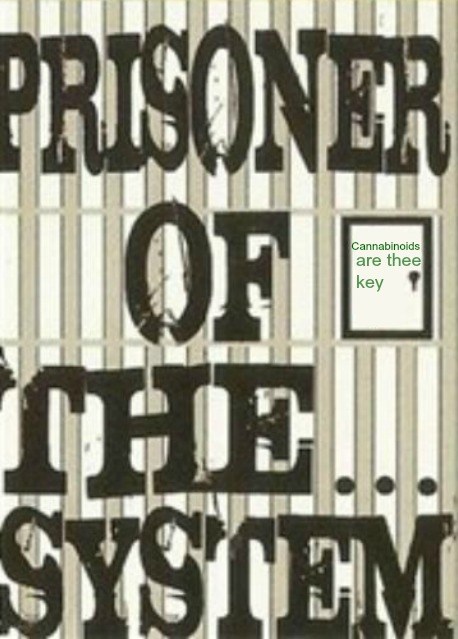Stress and antibiotics alter luminal and wall-adhered microbiota and enhance the local expression of visceral sensory-related systems in mice.
Source
Department of Cell Biology, Physiology and Immunology, Universitat Autònoma de Barcelona, Bellaterra, Barcelona, Spain; Neuroscience Institute, Universitat Autònoma de Barcelona, Bellaterra, Barcelona, Spain.
Abstract
BACKGROUND:
Stress leads to altered gastrointestinal neuro-immune responses. We characterized the interaction between stress and gut commensal microbiota and their role modulating colonic responses to stress, the induction of inflammation, the expression of sensory-related markers, and visceral sensitivity.
METHODS:
C57BL/6N female mice were treated (7 days, PO) with non-absorbable-broad spectrum antibiotics (bacitracin/neomycin, 0.4 mg per mouse per day). Simultaneously, mice were subjected to a 1 h per day (7 days) session of psychological stress (water avoidance stress, WAS). Luminal and wall-adhered microbiota were characterized by fluorescent in situ hybridization. Cannabinoid receptors 1 and 2 (CB1/2), tryptophan hydroxylase 1 and 2 (TPH1/2), and inflammatory markers were quantified by reverse transcription-quantitative real-time PCR (RT-qPCR) and secretory-IgA (s-IgA) by ELISA. Visceral sensitivity was assessed after the intracolonic administration of capsaicin.
KEY RESULTS:
Antibiotics did not affect the defecatory and endocrine responses to stress. However, antibiotics diminished by 2.5-folds total bacterial counts, induced a specific dysbiosis and favored bacterial wall adherence. Combining antibiotics and stress resulted in further reductions in bacterial counts and a dysbiosis, with enhanced bacterial wall adherence. Luminal s-IgA levels increased in dysbiotic mice. Nevertheless, no alterations consistent with the induction of colonic inflammation were observed. Dysbiosis upregulated CB2 expression and stress upregulated CB2 and TPH1 expression. Stress enhanced visceral pain-related responses, an effect prevented by antibiotic treatment.
CONCLUSIONS & INFERENCES:
Manipulations of the commensal microbiota and the interaction host-microbiota are able to modulate the local expression of neuro-immune-endocrine systems within the colon, leading to a modulation of visceral sensitivity. These mechanisms might contribute to the pathogenic and protective roles of microbiota in gastrointestinal homeostasis.
© 2013 John Wiley & Sons Ltd.


